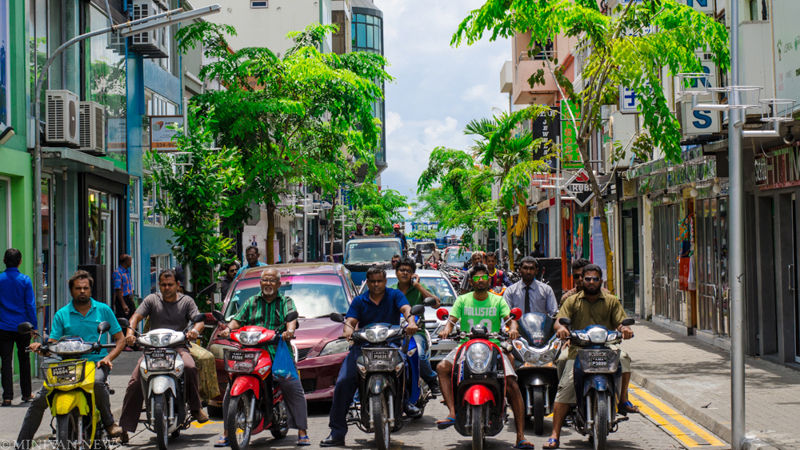Filmmaker hopes to kickstart discussion with documentary on street harassment
‘Street Harassment: The Daily Menace’ by Hulhevi Media – uploaded to YouTube on Friday – shows women telling stories of facing harassment on a daily basis, including lewd remarks, exhibitionism, stalking, and groping.

21 Dec 2015, 09:00
Local filmmaker Sharif Ali is hoping to kickstart a public discussion on the longstanding problem of street harassment in the Maldives with a short documentary featuring young women speaking out and sharing their experiences.
‘Street Harassment: The Daily Menace’ by Hulhevi Media – uploaded to YouTube on Friday – shows women telling stories of facing harassment on a daily basis, including lewd remarks, exhibitionism, stalking, and groping.
Speaking to The Maldives Independent, Sharif said he was inspired after reading a Facebook post last year from a girl who gave a detailed account of being harassed by a group of men.
“I thought that this is a conversation that needs to be started. This is often a very taboo subject. Street harassment is not often talked about but it happens every day to so many people,” he said.
Become a member
Get full access to our archive and personalise your experience.
Already a member?
Discussion
No comments yet. Be the first to share your thoughts!
No comments yet. Be the first to join the conversation!
Join the Conversation
Sign in to share your thoughts under an alias and take part in the discussion. Independent journalism thrives on open, respectful debate — your voice matters.




